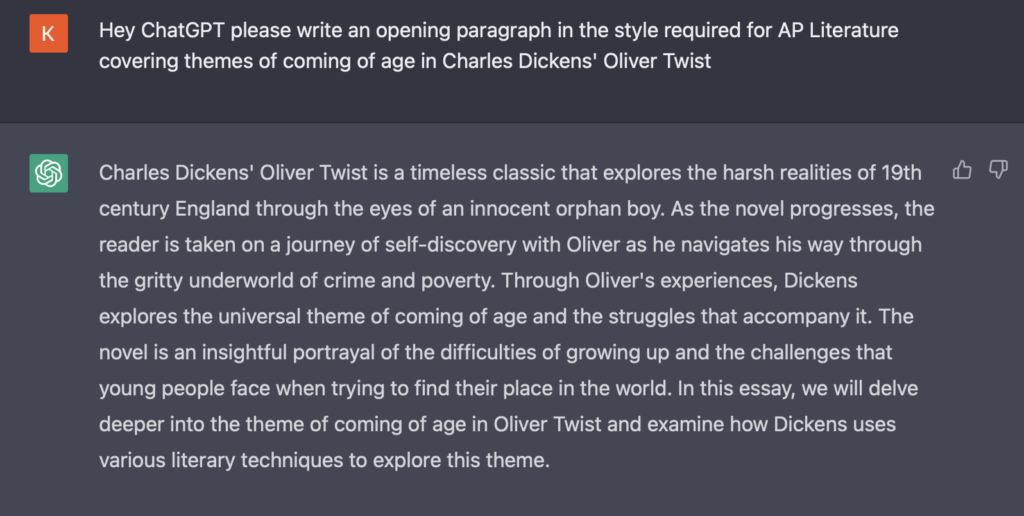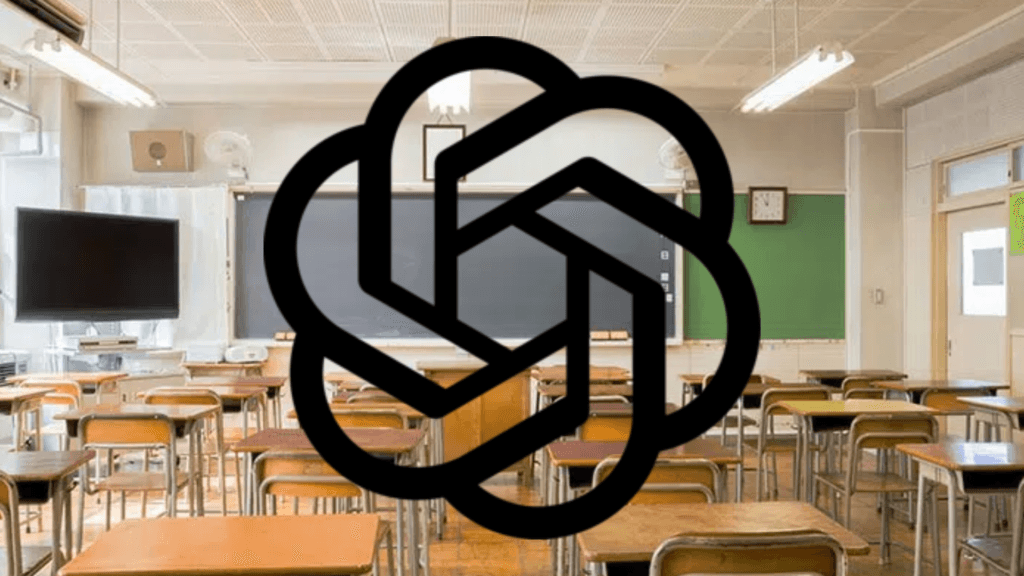Schools Across the World Ban ChatGPT as Fear of Cheating Rises
By Kai Quizon,
When you buy through our links, we may earn an affiliate commission.
ChatGPT took the world by storm after its debut in November of 2022. Nearly every industry has already found a preliminary use case for the surprisingly powerful large language model. ChatGPT is capable of responding conversationally to a variety of prompts and generating complex replies in a multitude of formats.
This led to an interesting conundrum of academia: will students use artificial intelligence to cheat? And moreover: what is that cheating? Already, some of the largest school districts across the states have issued outright bans on the bot:
Educational professionals continue to express concern that artificial intelligence will make it too easy for students to bypass critical components of the essay drafting or research process by readily producing pre-written essay fragments. These essay fragments can be combined by students and sometimes passed of as their own work, undermining the essay drafting learning process.
Teachers and professors’ fears are justified, to be sure. ChatGPT is capable of producing incredibly coherent passages that conform to the general style guide used in a variety of educational settings. Let’s take an example straight from ChatGPT. We asked the bot to produce an opening paragraph in the AP Literature style pertaining to coming of age themes in Charles Dickens’ “Oliver Twist”:

In Charles Dickens’ novel Oliver Twist, the theme of coming of age is explored through the experiences of the titular character as he navigates the harsh realities of Victorian England. Oliver’s journey from a helpless orphan to a young man with a sense of identity and purpose is fraught with challenges and obstacles that force him to mature quickly. Through Oliver’s struggles, Dickens examines the themes of poverty, corruption, and the struggle for self-discovery. The novel’s vivid depiction of social injustice and the complexities of human nature make it a timeless masterpiece of English literature that continues to resonate with readers today.
— ChatGPTr
ChatGPT’s response is coherent and uses advanced vocabulary, but how does it compare to a successful student? We asked an AP Literature teacher to grade this opening paragraph, giving her no context of how it was produced. She gave it a 5, which is an exactly average score.
AP Literature Teacher Ms. Parsons provided the following feedback:
“This opening paragraph is sufficient for an AP Lit essay and sets the groundwork for a successful essay. While it sets up an essay well, it fails to strategically outline the points used to develop a central thesis. After reading this opening, I suspect the rest of the essay to be well written, but largely generic and lacking any in-depth literary analysis.”
AP Literature Teacher Ms. Parsons
This review points out a prominent truth about ChatGPT and large language models in general: they produce a nominal version of the content that they have been trained on. Because so many of these models are trained on data scraped from internet sources, they produce “average” content: average code, average essays, and average jokes.
We then asked Ms. Parsons her perspective on banning ChatGPT in the classroom:
“I think that outright banning any tool in an educational environment only hinders a child’s skill development. Similar to banning calculators from math tests, I think it is more important that students learn how to utilize the tools that will be available to them in the real world. Starting with the content that ChatGPT generated, recognizing its flaws and strengths, and writing your own opening paragraph will only make you a stronger student of literature.”
AP Literature Teacher Ms. Parsons
So What About the Cheating?
ChatGPT is obviously capable of generating passable entries to a variety of assignments on a multitude of levels. It raises the question: how does plagiarism work in the world of AI? One of the principal tenets of artificial intelligence is that it is unrepeatable. The responses that ChatGPT generates are unique to the individual conversation. Even if we provide ChatGPT with the exact same prompt from above, we get a new response:

It raises a difficult question: is the response ChatGPT’s, or is it simply a programmatic response to a prompt provided by a user? The jury is still out on this one, and even ChatGPT’s response is somewhat cryptic:

ChatGPT clarifies that it’s own responses are not plagiarism as it does not copy specific text from any source. However, it adds a caveat that using text it generates without proper quotation may be considered plagiarism. As AI generated text continues to flood news sites, social media, and even our own email inboxes, we as a society will need to determine and enforce critical limits on how much a user can pass off as their own text versus that generated by an artificial intelligence.
At the end of the day, ChatGPT is a tool. It is an incredibly powerful tool capable of aiding in a huge array of situations at all academic levels. Is banning this tool unilaterally an appropriate response? Maybe not. Perhaps it is more critical that students learn how to appropriately use this tool and integrate their own unique contributions with the ideas set forth by ChatGPT.

